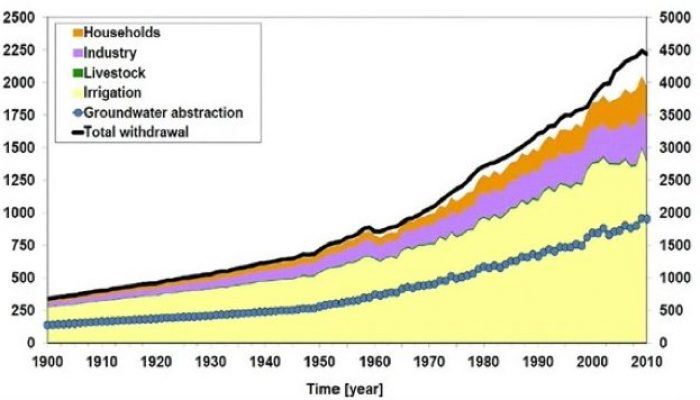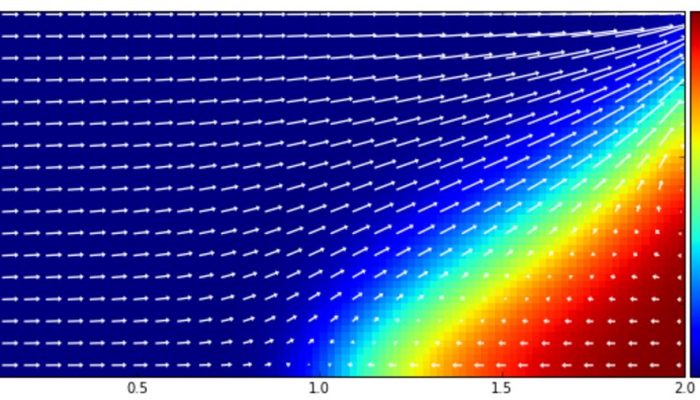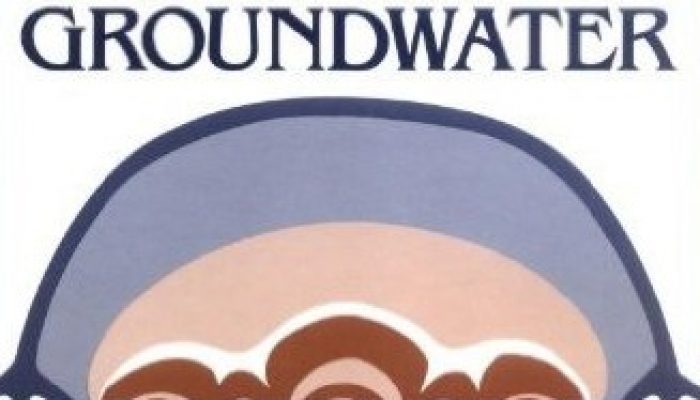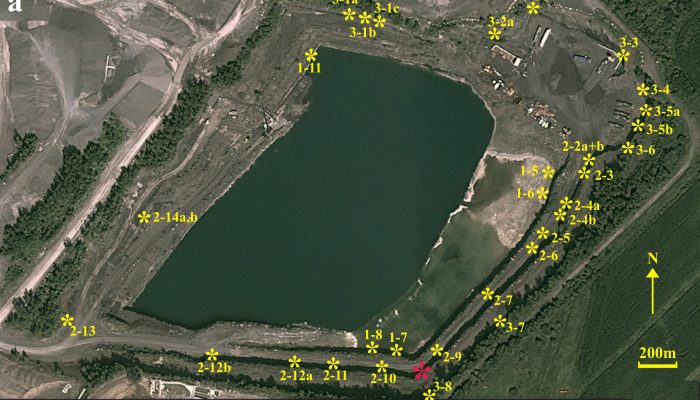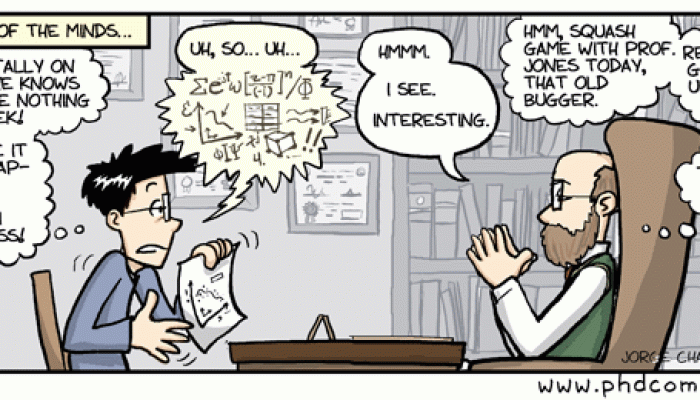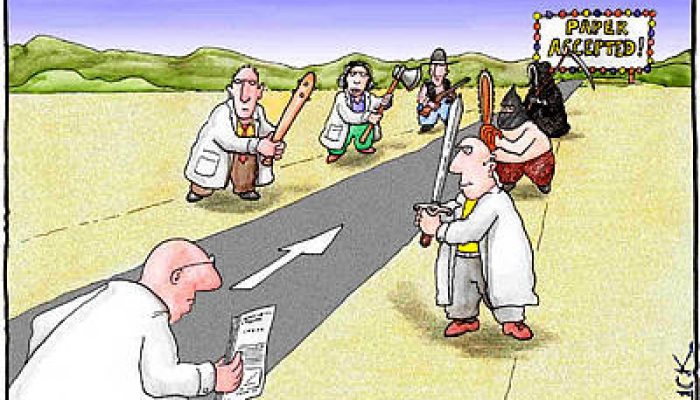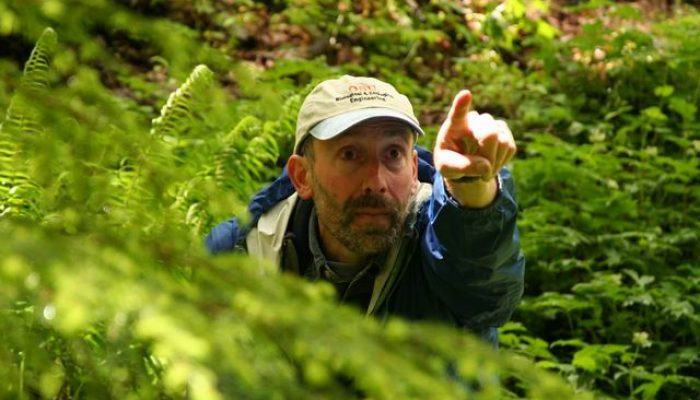Post by Inge de Graaf, University of Freiburg, Environmental Hydrological Systems group ________________________________________________________________________________________________________________ Last week I had to teach my first class in global hydrology. When I showed the global trend on increasing demands and withdrawals (see Figure) I needed to explain the different terms as sometimes the ...[Read More]
FloPy: A Python interface for MODFLOW that kicks tail!
Authored by: Kevin Befus – Assistant professor, Department of Civil and Architectural Engineering at the University of Wyoming Groundwater modeling is getting better. Models are becoming more sophisticated with simpler interfaces to add, extract, and process the data. So, at first appearances, the U.S. Geological Survey’s (USGS) recent release of a Python module named FloPy for preparing, ru ...[Read More]
One hell of a great groundwater textbook now available free
‘Groundwater’ the seminar text book from Freeze and Cheery (1979) is free in pdf now…just follow the links here. This text book is almost as old as I am and important parts of modern hydrogeology are rusty or non-existent (like hydroecology amongst other topics) but it is still lucidly written and useful. I routinely send students to read chapters so I am happy that it is now available free. Kudo ...[Read More]
The new and exciting face of waterunderground.org
by Tom Gleeson I started waterunderground.org a few years ago as my personal groundwater nerd blog with the odd guest post written by others. Since I love working with others, I thought it would be more fun, and more interesting for readers, to expand the number of voices regularly posting. So here is the new face of the blog… What is the new blog all about? Written by a global collective of ...[Read More]
Can we use an infrared camera to tell us how much groundwater is coming out of the side of a cliff?
By Erin Mundy – a plain language summary of part of her Masters thesis Groundwater is an important resource, with approximately 2 billion people around the world using groundwater everyday. Although most groundwater is beneath our feet, sometimes groundwater leaks out of stream-banks, hill sides and cliff faces – this is called groundwater seepage. Current scientific methods are not ab ...[Read More]
Making guidelines for graduate students
I strive for effective, compassionate supervision and I clarify my goals, approach and expectations in my guidelines for graduate students (available here, from McGill’s best practices in supervision). As I wrote, most students enter a relationship with a thesis advisor without a clear idea of what they can expect so I compiled this handout to give you some idea of what I expect of you as st ...[Read More]
A social media dashboard for researchers – taming the digital anarchy for nerds
Is anyone else overwhelmed by updating their many webpages, blogs, streams etc? Jason Priem described the shift from a paper-native academia to a web-native academia, in an excellent article last year in Nature, a shift well beyond the traditional peer-reviewed journal to more diverse outlets of information, interaction and discussion. I am part of the first generation of researchers who are excit ...[Read More]
How to peer review: skill-building in a grad classes
I teach how to peer-review in graduate class because I think it is a core skill for any professional. I first demystify peer-reviewing and academic journals, and answer questions that all students have about these topics that they have heard about but rarely learn about using this: I describe my personal experience as a manuscript submitter, reviewer and associate editor. And then I outline the s ...[Read More]
How I start good supervisory relationships with graduate students
Many professors are confused about why a certain graduate student is happy or unhappy, under performing or performing well. I am far from a perfect supervisor, but I try to avoid this confusion by getting to know my graduate students on a relatively deep but professional level as quickly as possible, by doing the following in our first meeting: sharing results of a personality test; discussing our ...[Read More]
1200 words to make sense of chaos: The Selker Scheme
This is an inspiring article by John Selker (Oregon State University) that was first published in the latest AGU Hydrology Section Newsletter (July 2014). John graciously offered to re-post it here… make sure you make it to his rules and a secret at the bottom. Being elected a fellow of the AGU was an amazing honor, and I thank those who so kindly nominated me, somehow crafting a silk purse ...[Read More]

